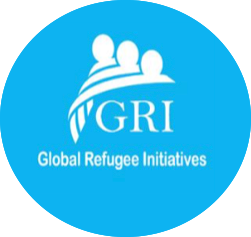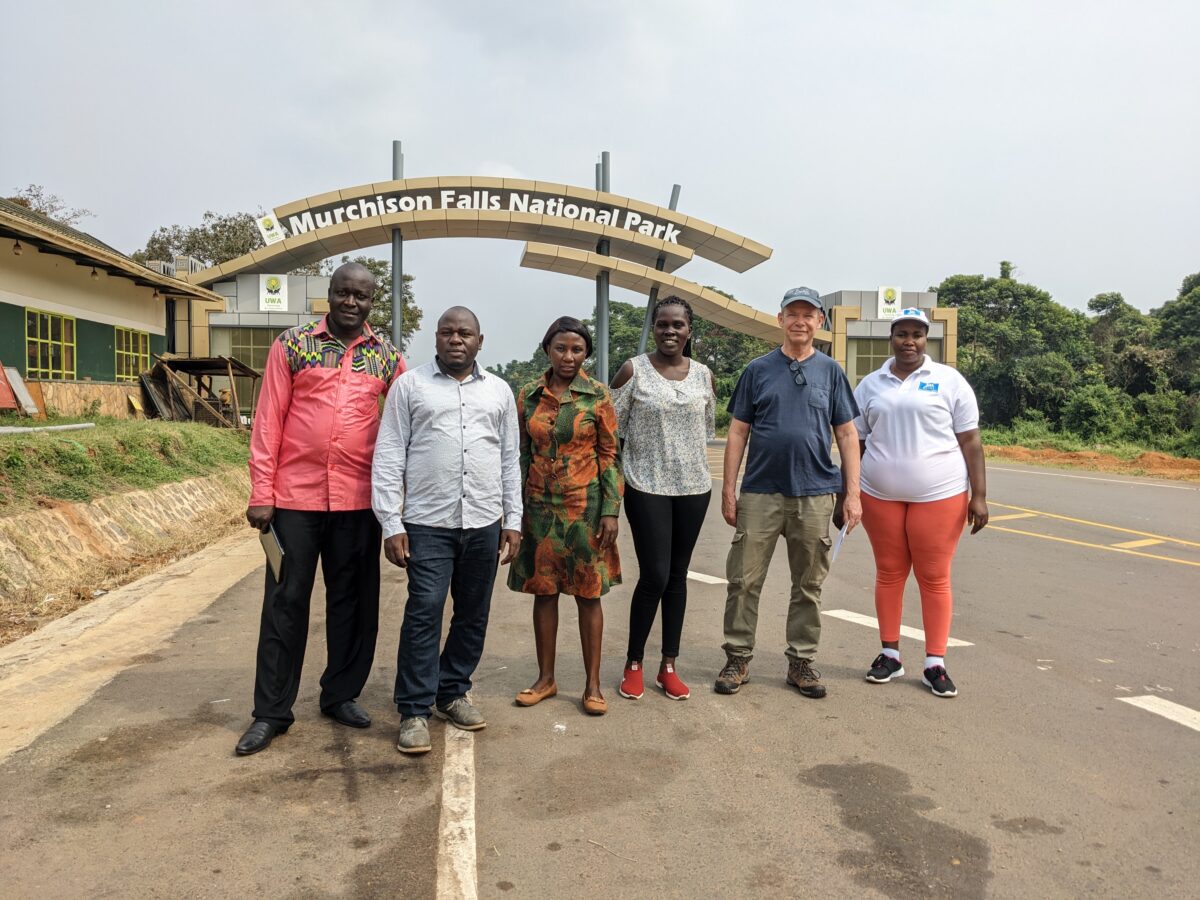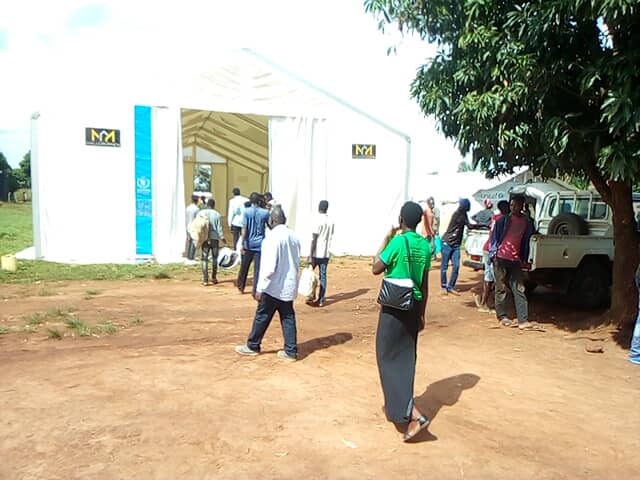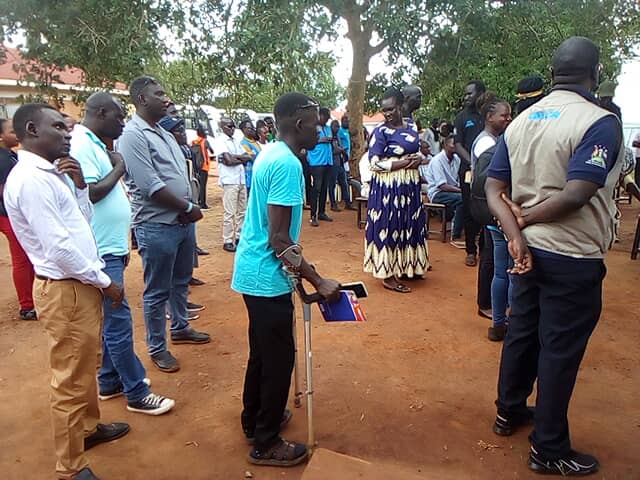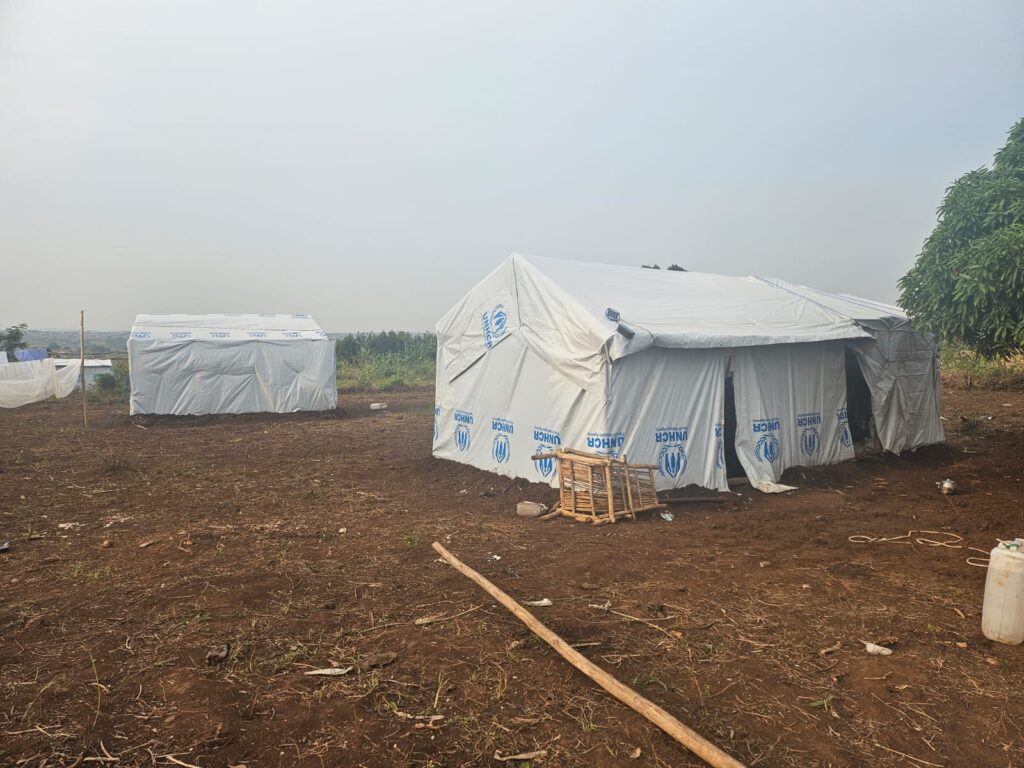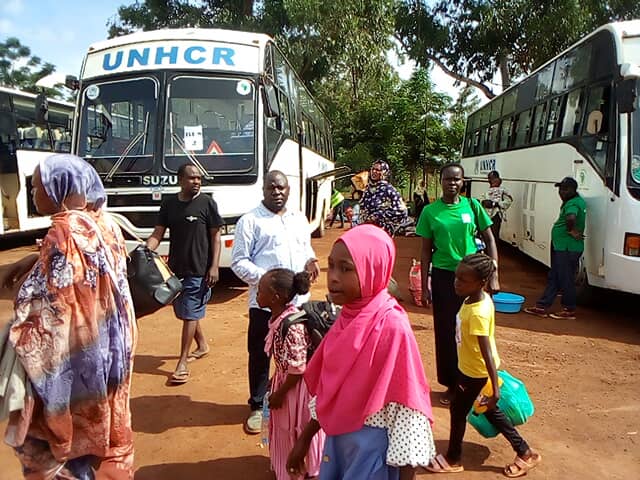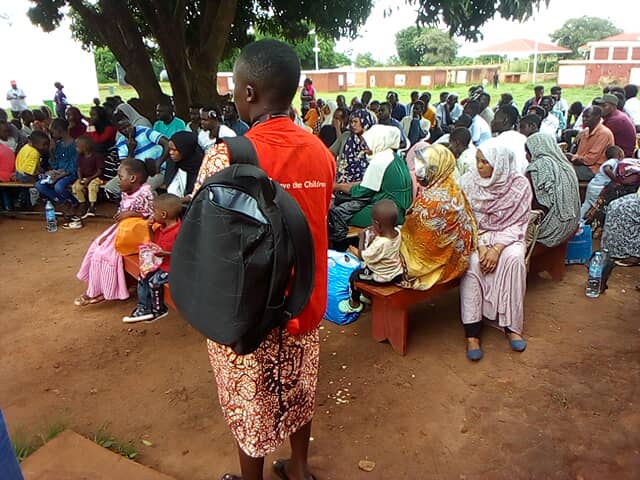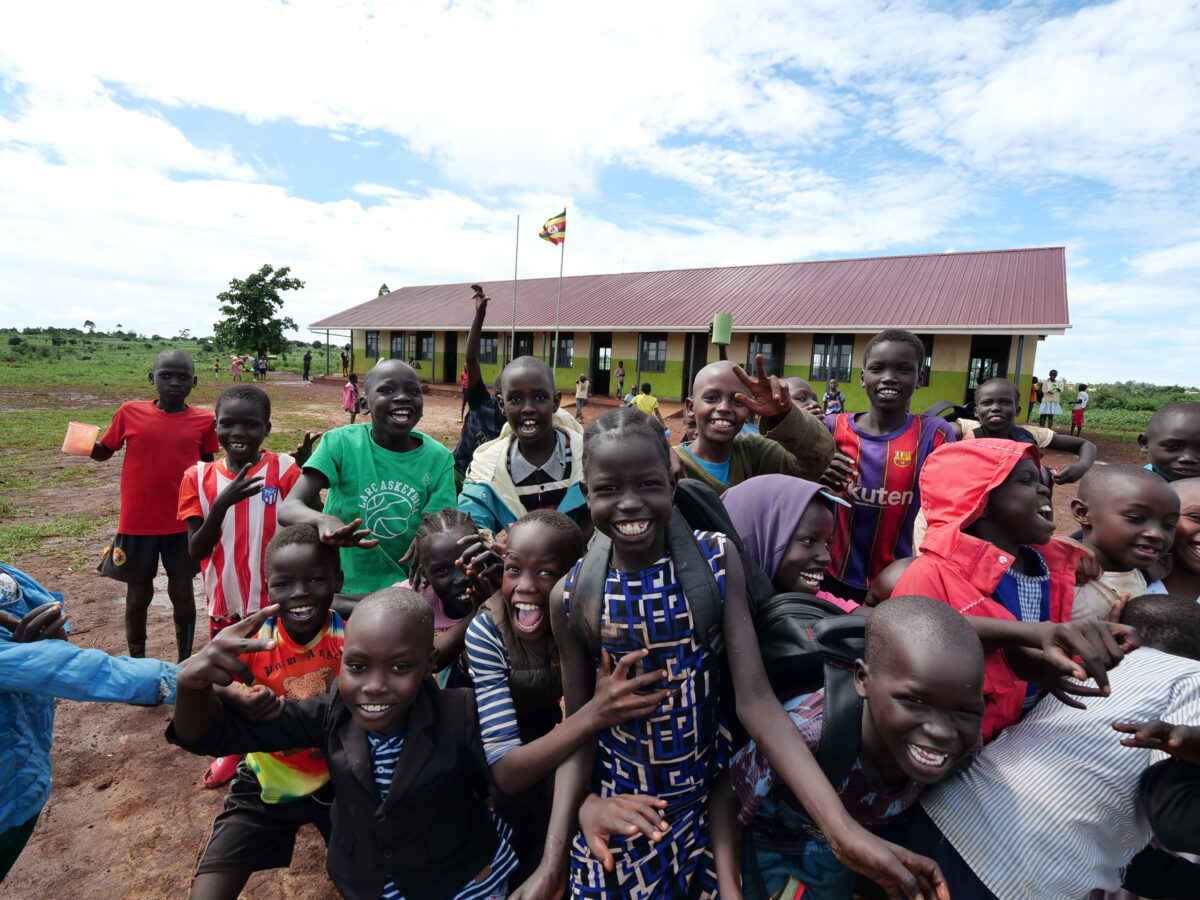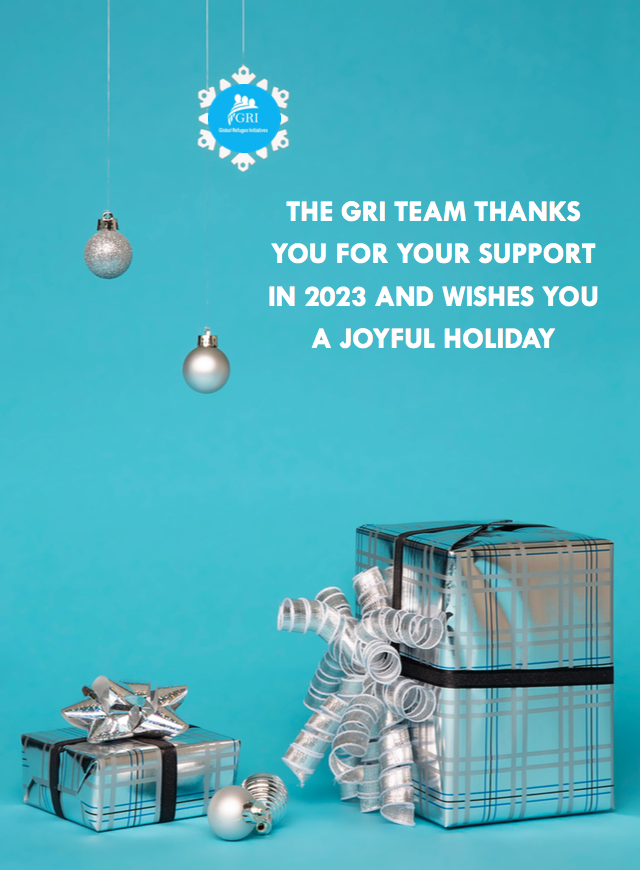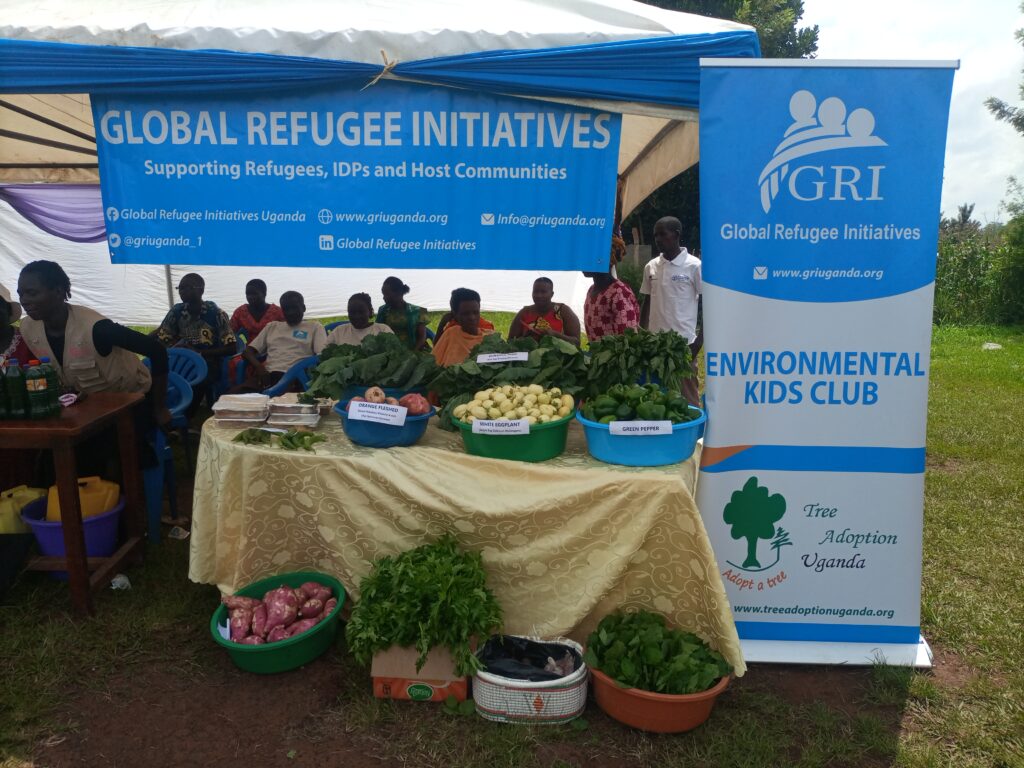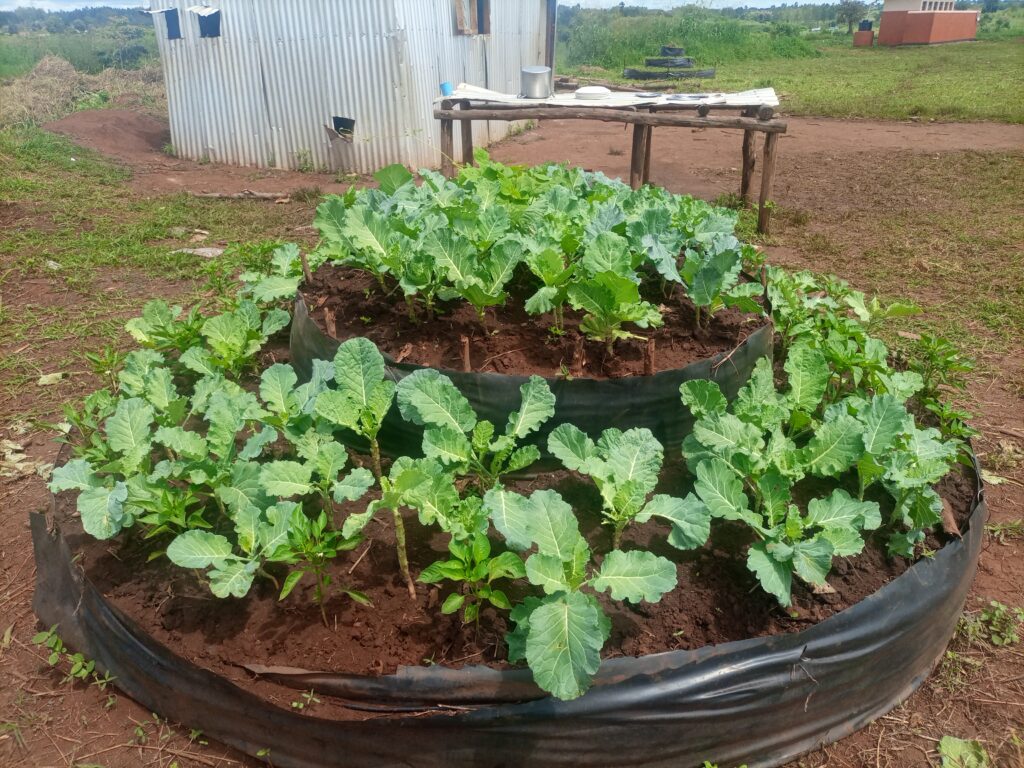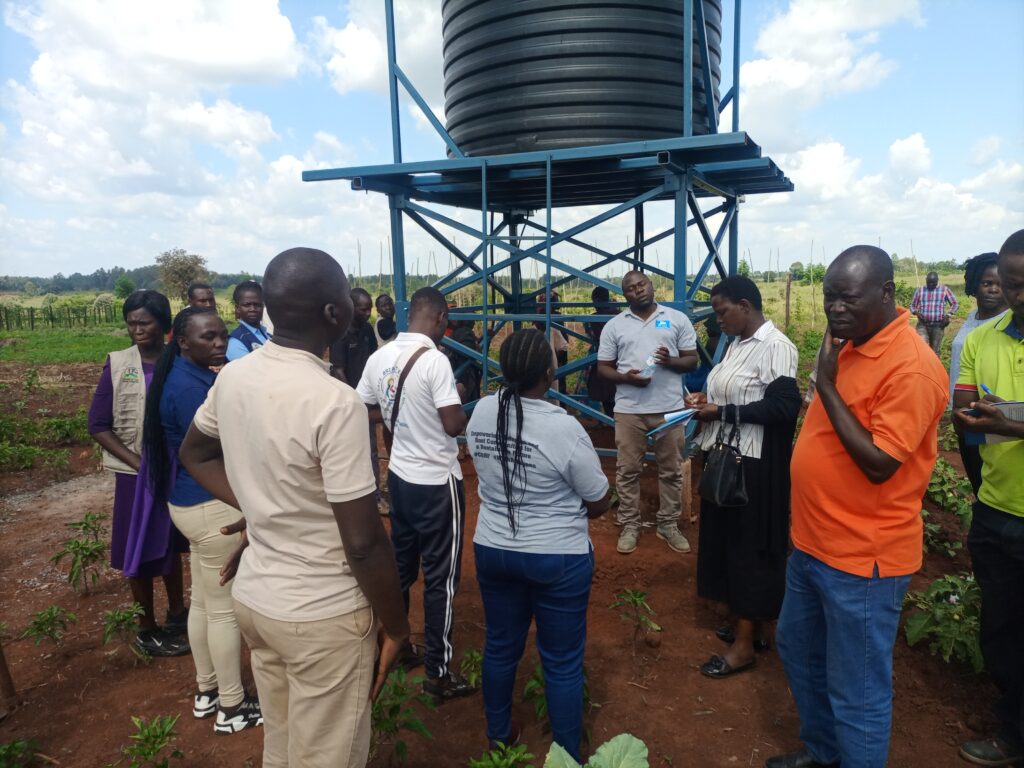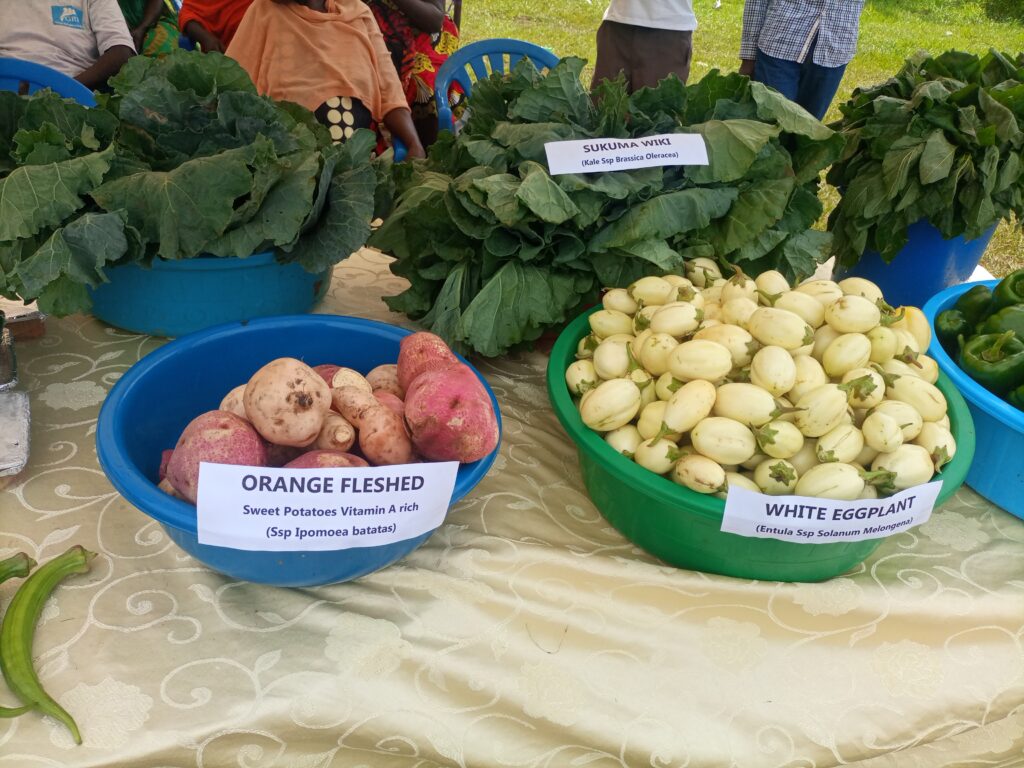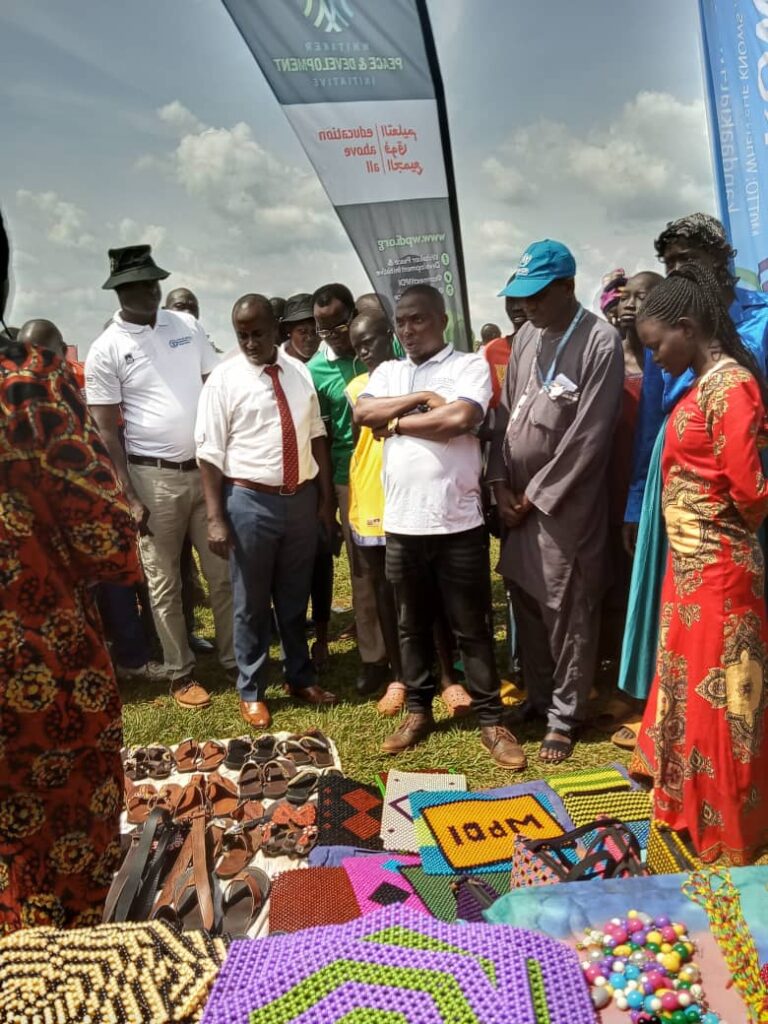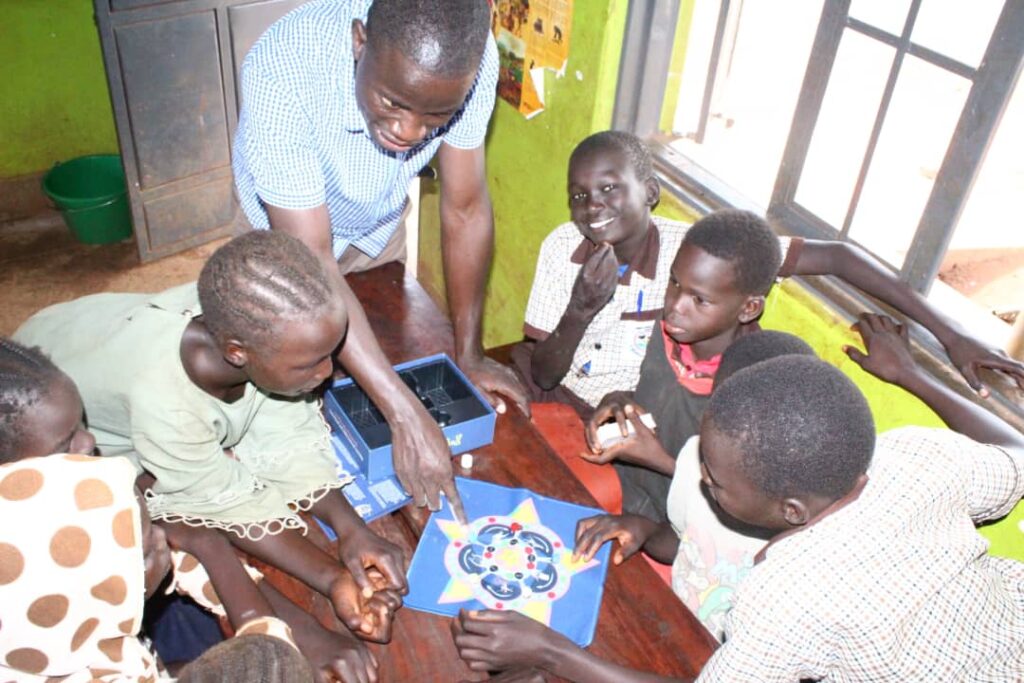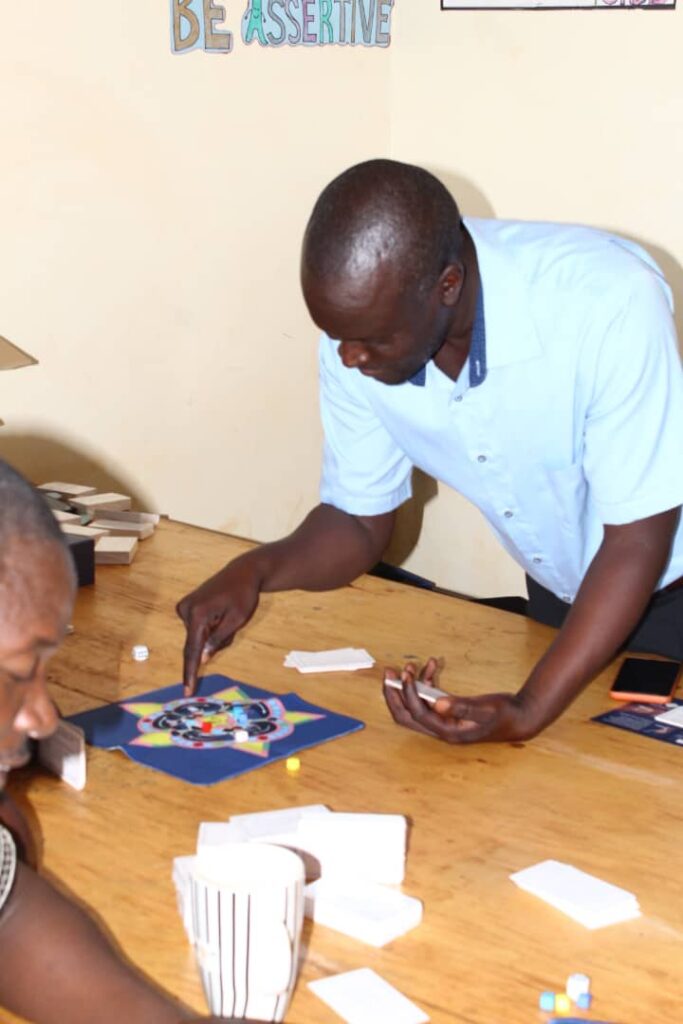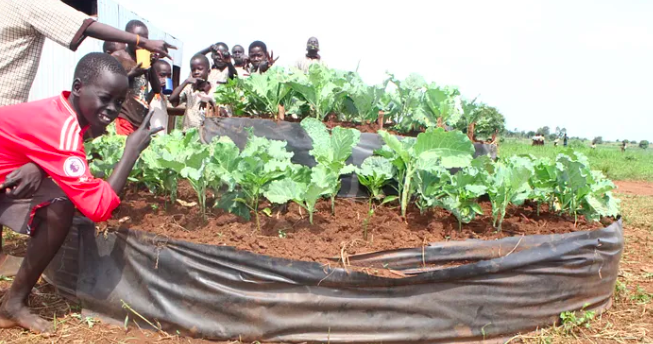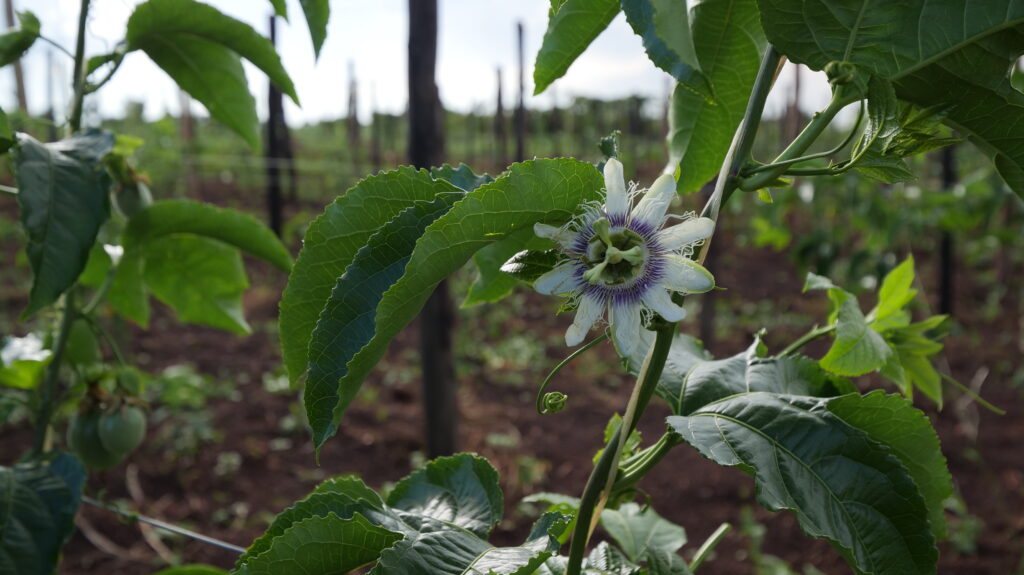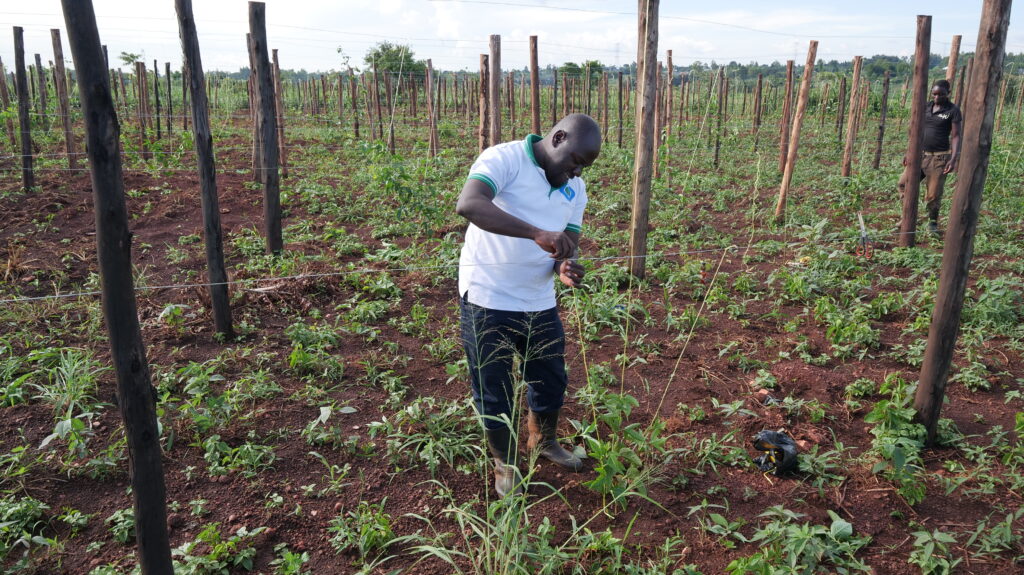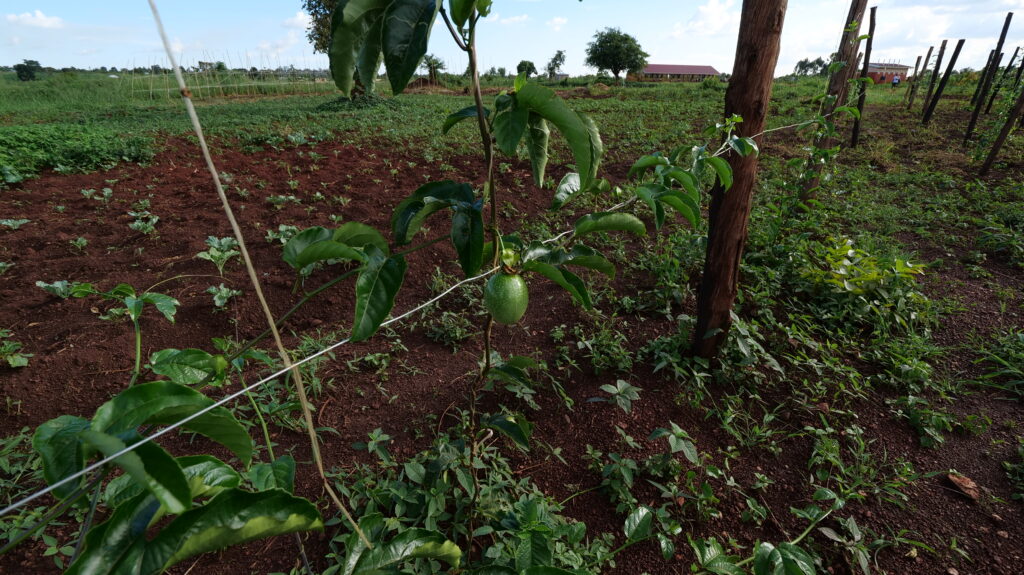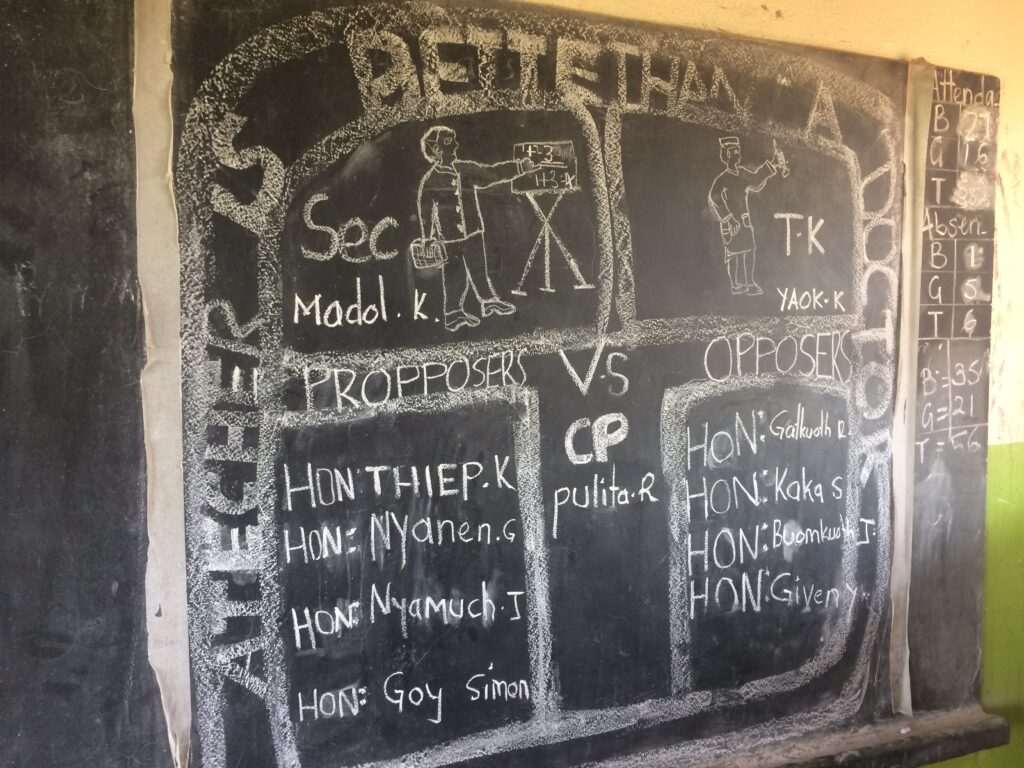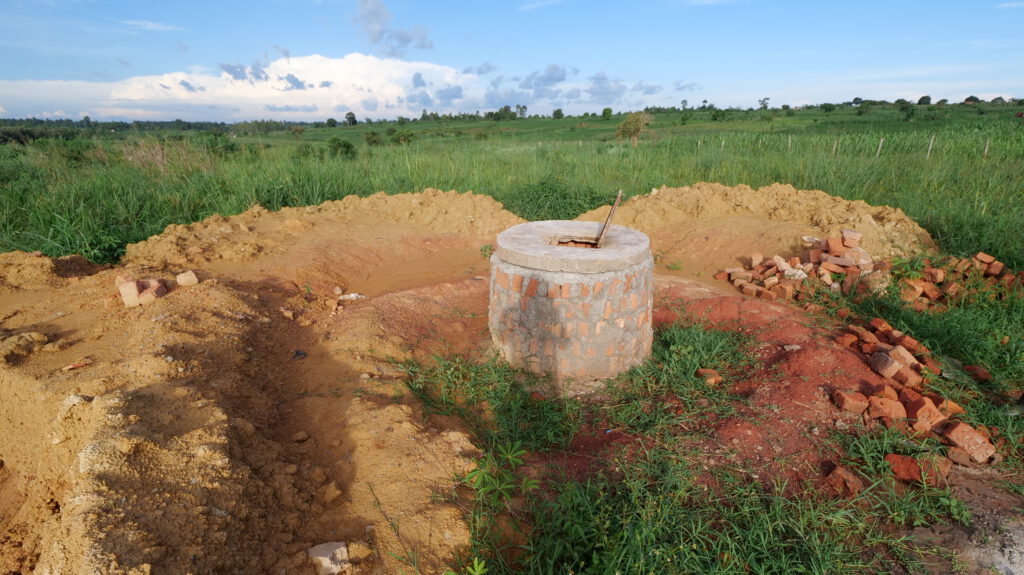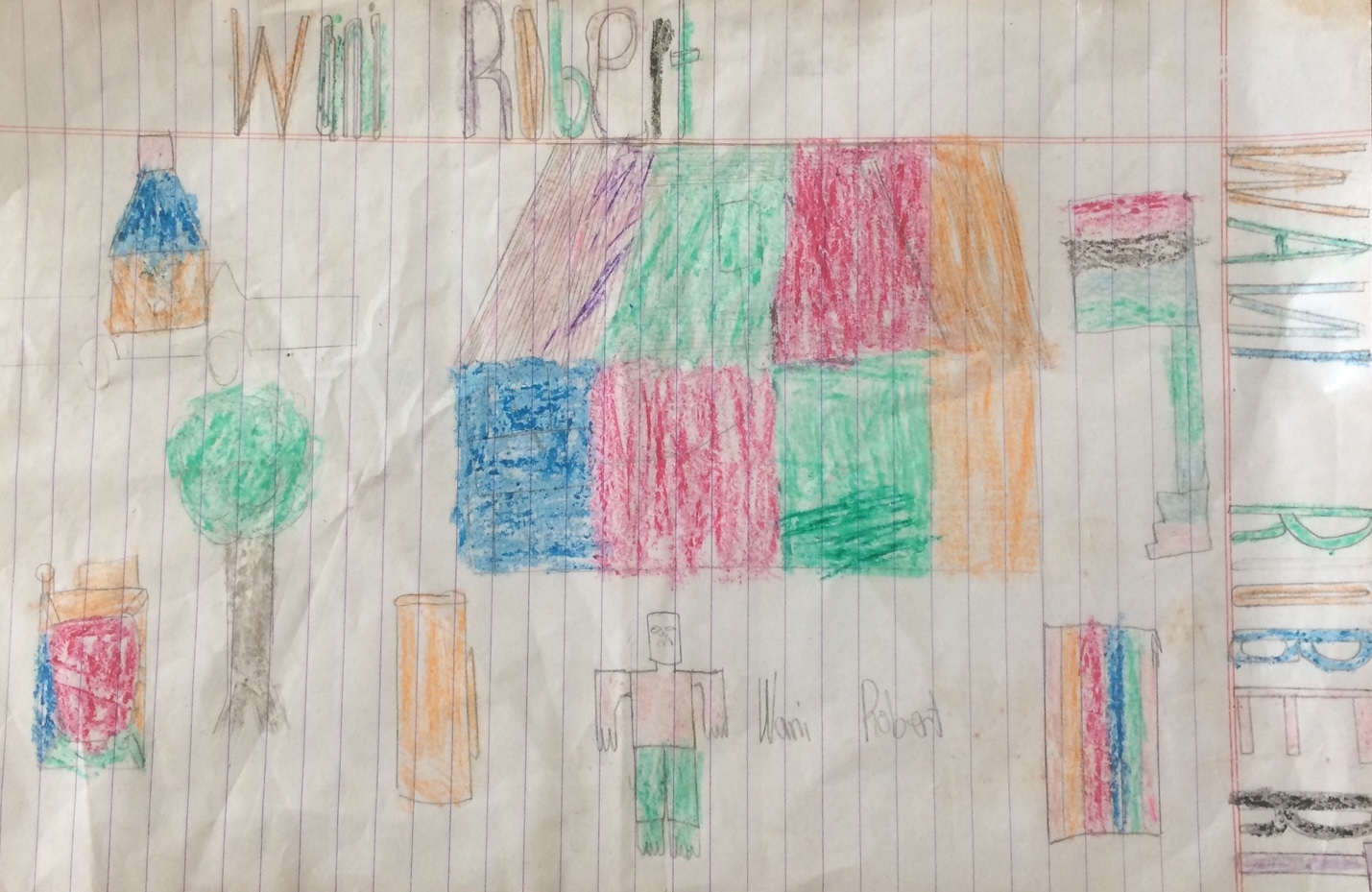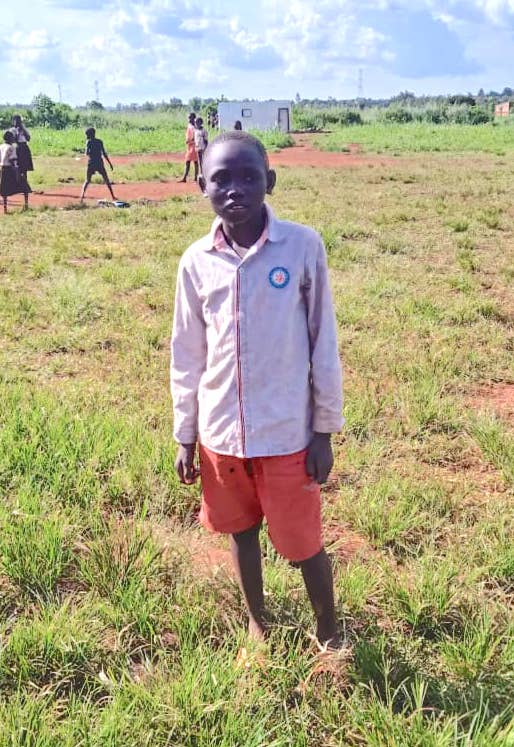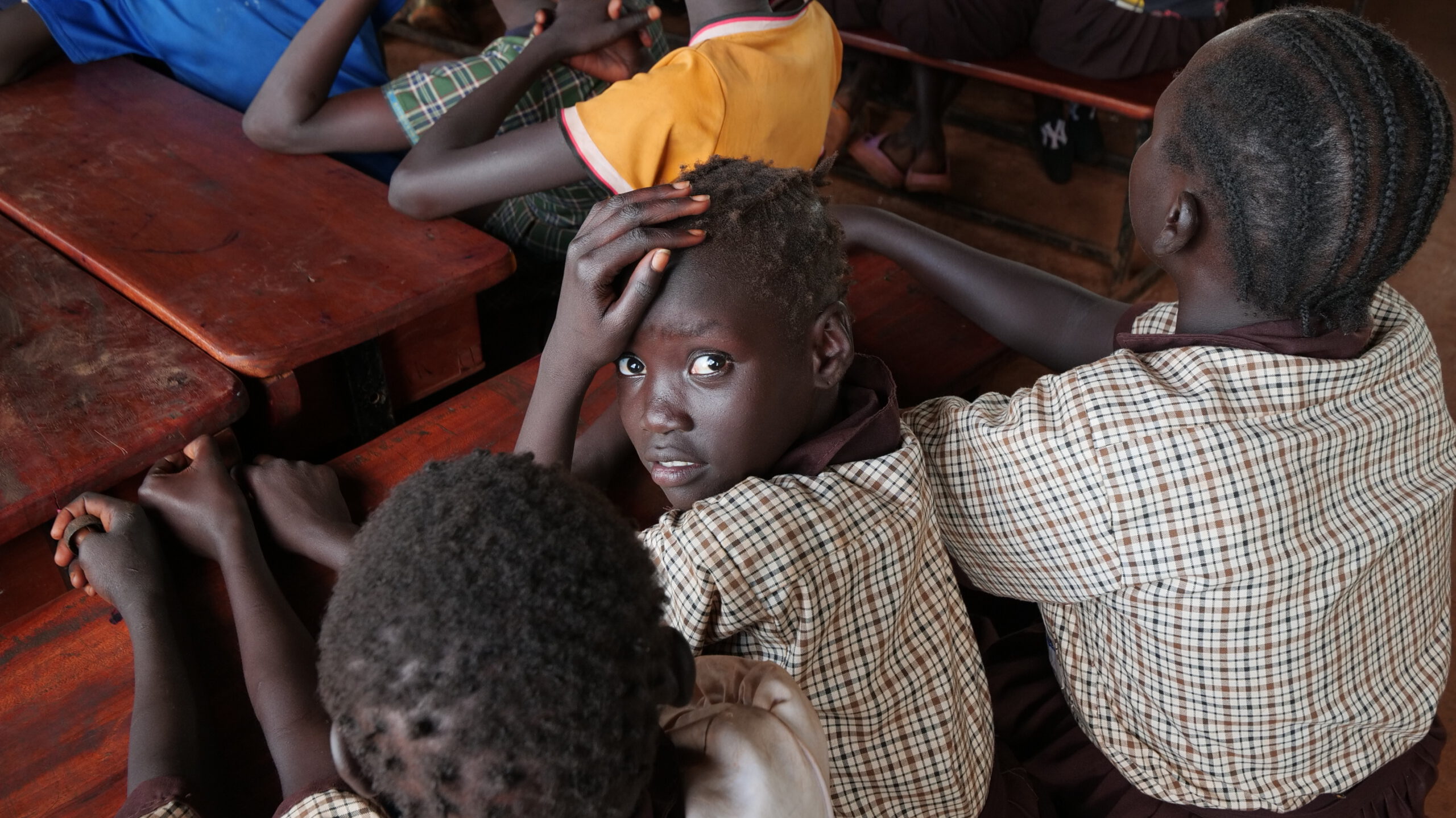In a refreshing departure from the routine, the dedicated staff of GRI embarked on an exhilarating team-building trip to Murchison Falls National Park.
Team-building exercises ranged from problem-solving challenges to trust-building activities, all carefully designed to promote communication, cooperation, and a sense of unity.
Upon arrival, the team was greeted by the majestic Murchison Falls, where the Nile River plunges through a narrow gorge, creating a breathtaking moment. The roar of rushing water served as a natural soundtrack to the collaborative spirit that enveloped the group.
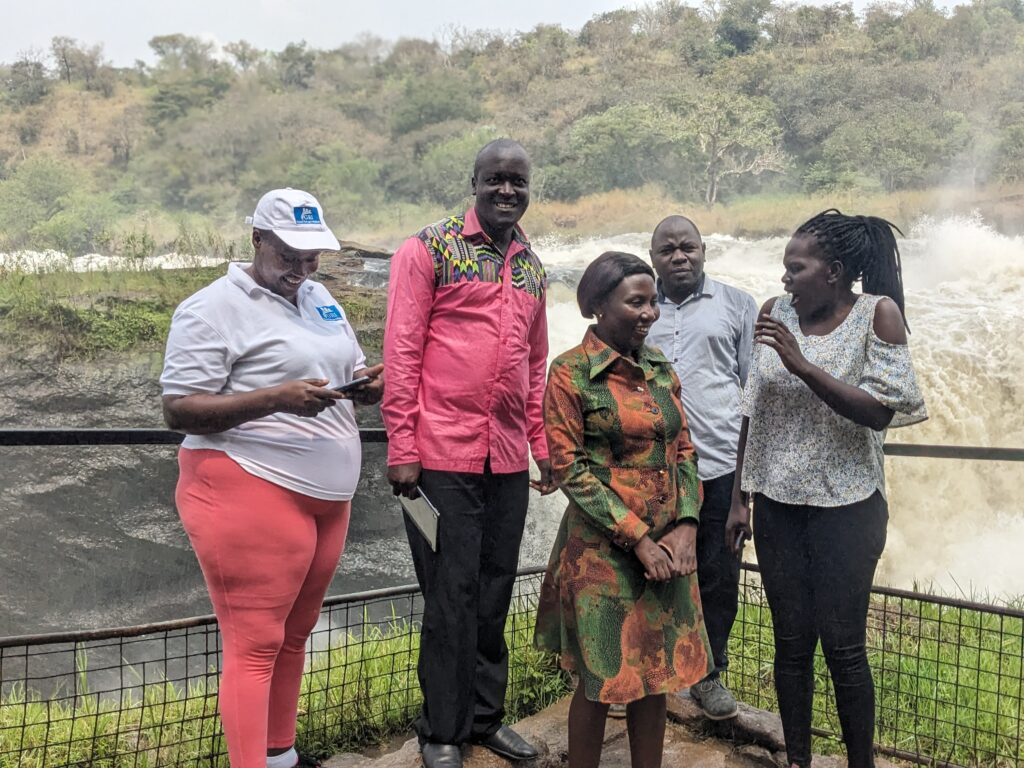
As the day unfolded, the team had the chance to explore the park’s wildlife. Safaris through the savannah revealed the rich biodiversity that Murchison Falls is known for, with encounters with elephants, giraffes, and other species. The shared excitement of spotting wildlife added an extra layer of bonding to the team.
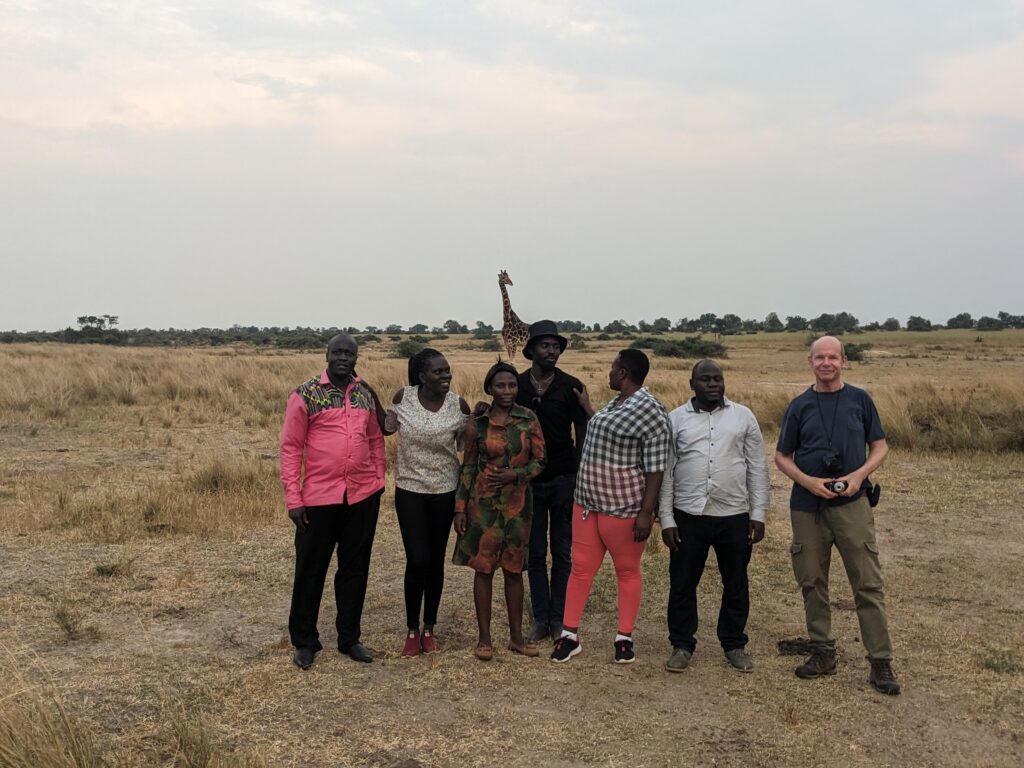
The Murchison Falls team-building trip served as a reminder that fostering a strong team dynamic goes beyond the confines of the workplace. The natural beauty of the park, combined with purposeful activities, created an environment where colleagues became friends, and professional relationships deepened.
GRI arranges team-building activities periodically, including lunch-and-learn sessions, workshops, and tours.
